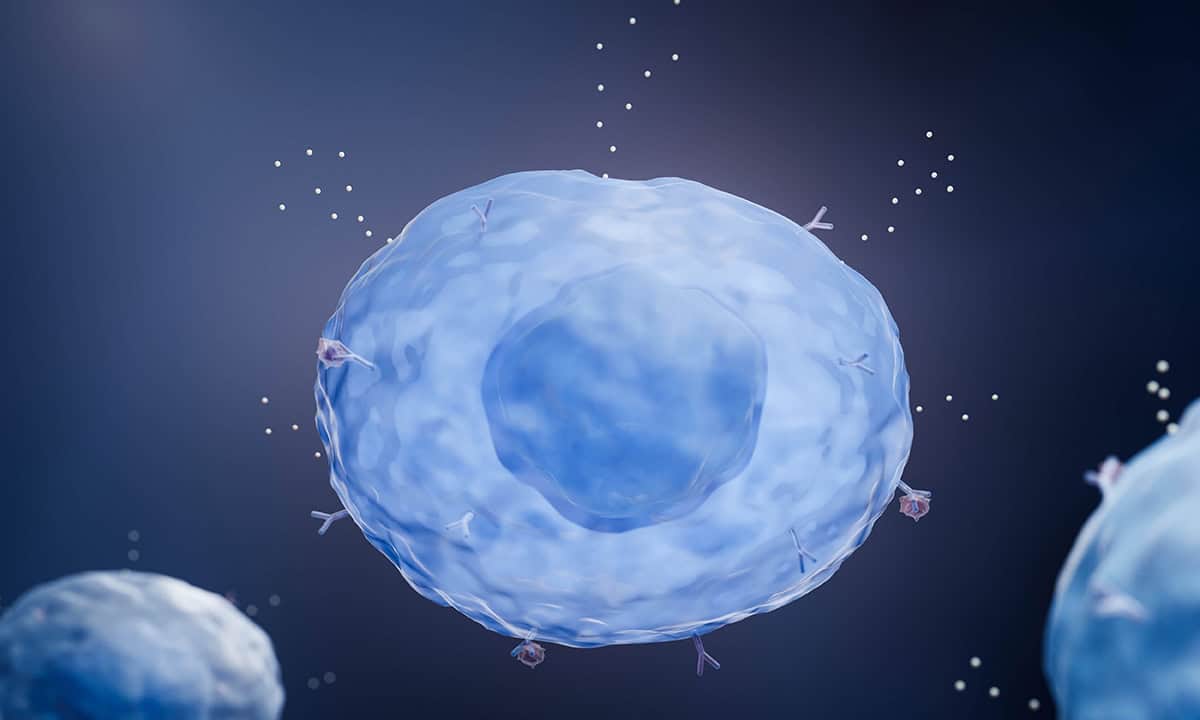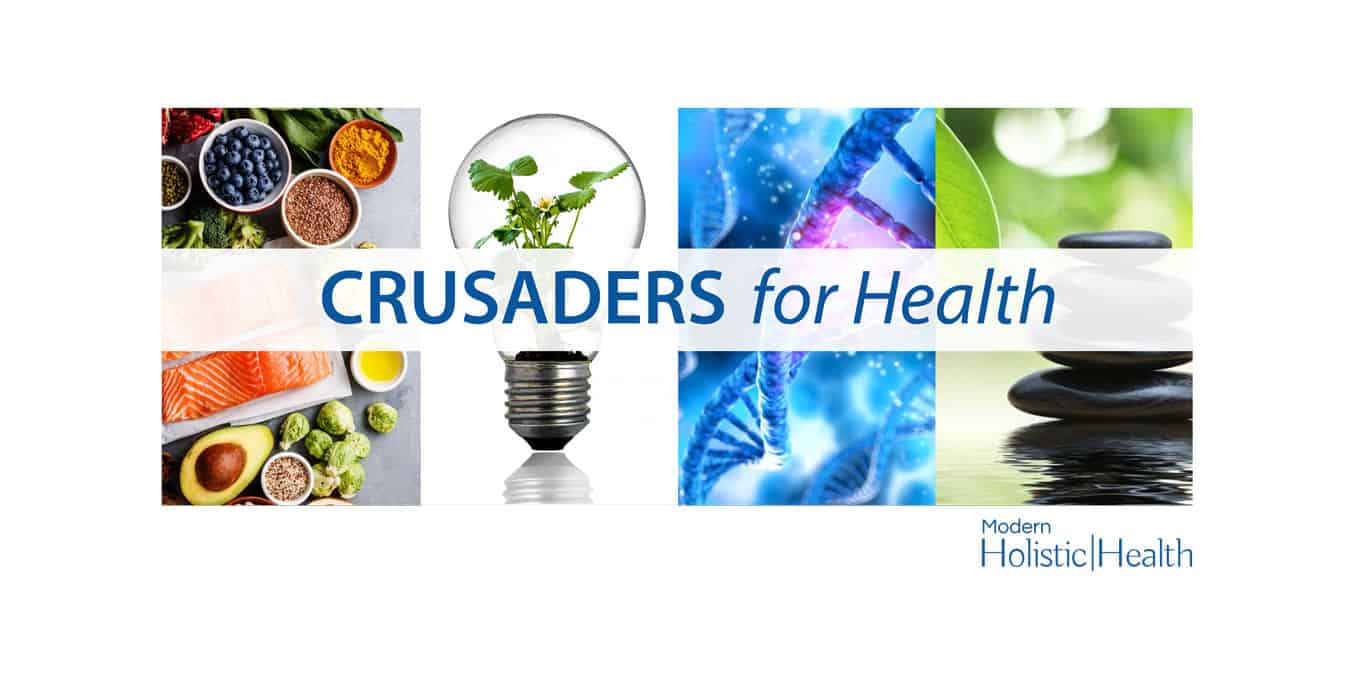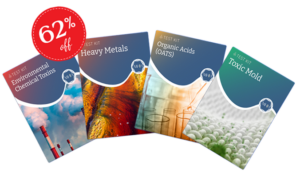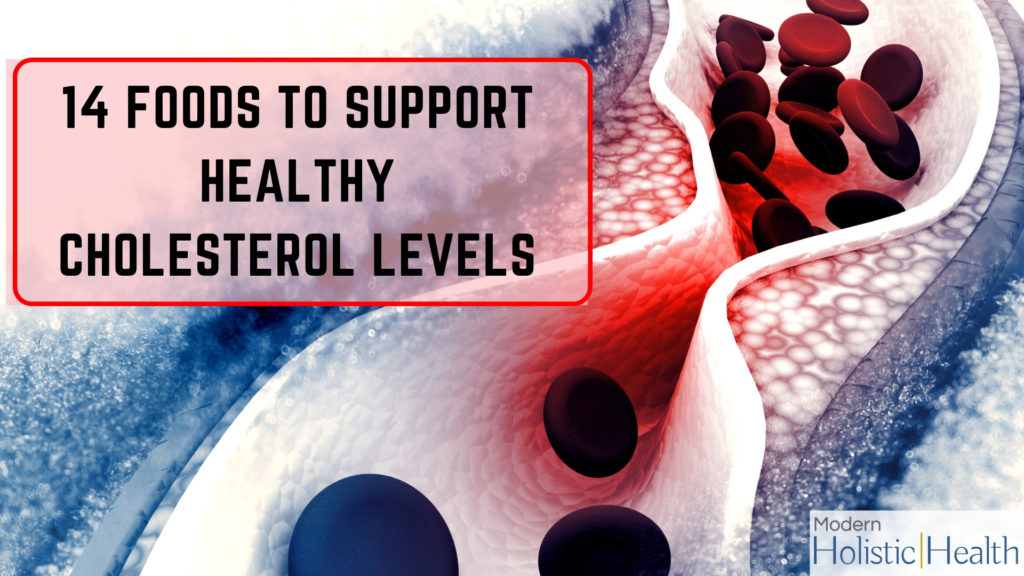
Cholesterol is an essential fatty substance that is produced by our liver and is required by the body for the proper functioning of our cells, nerves, brain, and hormones. Problem arise when there is either too much or too little cholesterol in the body.
Many people have come to believe that cholesterol is ‘bad’ and that it’s the cause of strokes and heart attacks. This couldn’t be further from the truth! It’s important to understand that cholesterol is critical and needed for the brain, cells, and other body functions like hormones to work properly. Cholesterol is even needed for a properly functioning immune system.
Just like with most systems and ‘ingredients’ in the body, there needs to be BALANCE. Too much or too little can cause a problem that can make a person sick. Take for example blood pressure. If blood pressure gets too high or too low a person can experience severe symptoms and even deadly consequences. Blood sugar is another great example…. we need blood sugar but if it’s too high or too low we can have some major negative health consequences. Without cholesterol, our body can’t make testosterone and other hormones, and our body can’t maintain proper cellular function, immune function, or brain function without cholesterol. So as you can see, cholesterol is not the enemy — in fact, it’s one of our best friends and very needed by our bodies.
But where we can get into trouble is when our cholesterol gets to low or too high. When it comes to high cholesterol, it’s not just the high cholesterol itself that leads to clogged arteries, stroke, and heart attack. When the body becomes inflamed on the inside (known as ‘systemic inflammation’) this inflammatory cascade also effects the inside of our arteries which leads to micro-tearing of the inside arterial walls known as AV (atrioventricular) nicking. Think of this as small ‘hangnails’ on the inside of the arterial walls. Along with these small tears that are ‘snagging’ particles of cholesterol as they move through the arteries, the inflammation has also caused the arterial walls to become ‘sticky’… think of an open sore after your skin has a tear in it… the flesh is raw and somewhat sticky. It’s the combination of the ‘sticky’ arterial walls and the ‘hangnails’ from the AV nicking or tears that are causing the buildup of the cholesterol because as the cholesterol ‘floats’ by it gets snagged and stuck, and then as the next cholesterol piece floats by another one gets stuck. Over time, a buildup of cholesterol occurs in that area. And it all started because of inflammation to the inside of the artery walls.
So, as you can see, it’s not the cholesterol itself that is the bad guy. It’s actually the inflammation that is causing the problem. So what causes the inflammation? While there can be many underlying causes of inflammation some of the most common causes are from our foods. Processed foods, fast foods, foods with additives and preservatives, sugar, gluten, and dairy are all known to cause body-wide (systemic) inflammation. And sugars and processed foods are among the top culprits because they are consumed in huge quantities in the U.S. Bringing inflammation down by modifying what foods you put into your body is how inflammation can successfully be reduced. And inflammation isn’t only causing problems with the inside of the arterial walls becoming inflamed. It’s the underlying cause of all disease in the body. So making food choices that prevent inflammation and heal the body is a great place to start no matter what health issue a person might have.
When it comes to cholesterol, we want to keep in mind that cholesterol is good for us. We just need to have a better understanding of what foods can raise or lower our cholesterol so that we can make adjustments as needed for optimal health. We also want to look at liver function and other systemic engine functions as well because if we have any ‘systemic’ engines that are not working optimally that could also alter our cholesterol levels.
So what exactly causes high cholesterol?
Our body creates anywhere around 1-2 grams of cholesterol each day. This natural production decreases when we eat cholesterol-rich food and increases when we eat low cholesterol food and this happens because the body is self-regulating and trying to balance the right amount of cholesterol that is needed for optimal health.
When we consume a diet filled with hydrogenated fats and refined carbohydrates, which are not good foods to consume, our body often times has a hard time self-regulating and can’t keep healthy cholesterol levels in balance and as a result cholesterol levels rise to an undesirable level. This disruptive balance in body cholesterol levels is caused when LDL or triglycerides become higher than optimal levels should be.
Eating a diet that consists mostly of organic lean animal proteins, vegetables, and healthy fats like nuts and avocado for example, is enough for most people balance out and maintain healthy cholesterol levels. And we can’t forget that exercise is essential for the body to regulate not only healthy cholesterol levels, but it’s also needed for many other engines in your body to work optimally like regulation of blood pressure, blood sugar, stress levels, and even to help maintain bone mass. Exercise is need for many engines in the body to work properly.
Below is a list of some of the best foods to help balance and maintain healthy cholesterol levels. We’ve also listed some foods that you should avoid if you are wanting to regulate healthy cholesterol levels.
Foods To Avoid
Cleaning up your diet to accommodate for wholesome, nutritious meals is the first in the right direction. All of the food listed below are major culprits when it comes to excess bad cholesterol levels, and have claimed millions of lives over the years.
1. Alcohol
Alcohol can disrupt the cholesterol levels in your body. Avoiding alcohol will significantly impact your health for the better.
2. Sugar/Refined Carbohydrates
Both sugar and refined carbs can send your cholesterol levels to rise by greatly diminishing good cholesterol in the body. In addition, sugars cause significant inflammation to the entire body (systemic inflammation) including the inside of your arterial walls. Once the inflammatory cascade starts effecting the inside of the arterial walls, micro-tearing can occur inside the arterial wall causing the AV nicking (or ‘hangnails’) we talked about earlier, which start to cause accumulation of cholesterol on the inner arterial wall, eventually leading to a ‘clogged’ artery.
3. Caffeine
Overloading on sodas, coffee, or tea can also cause significant changes in cholesterol levels. Avoid sodas and limit coffee and tea to 1-2 cups a day to keep your cholesterol levels in check.
4. Trans Fats
This type of fat is usually found in processed, prebaked, and fast food. Trans fats can also increase the levels of triglycerides and LDL in the body and decrease the levels of HDL.
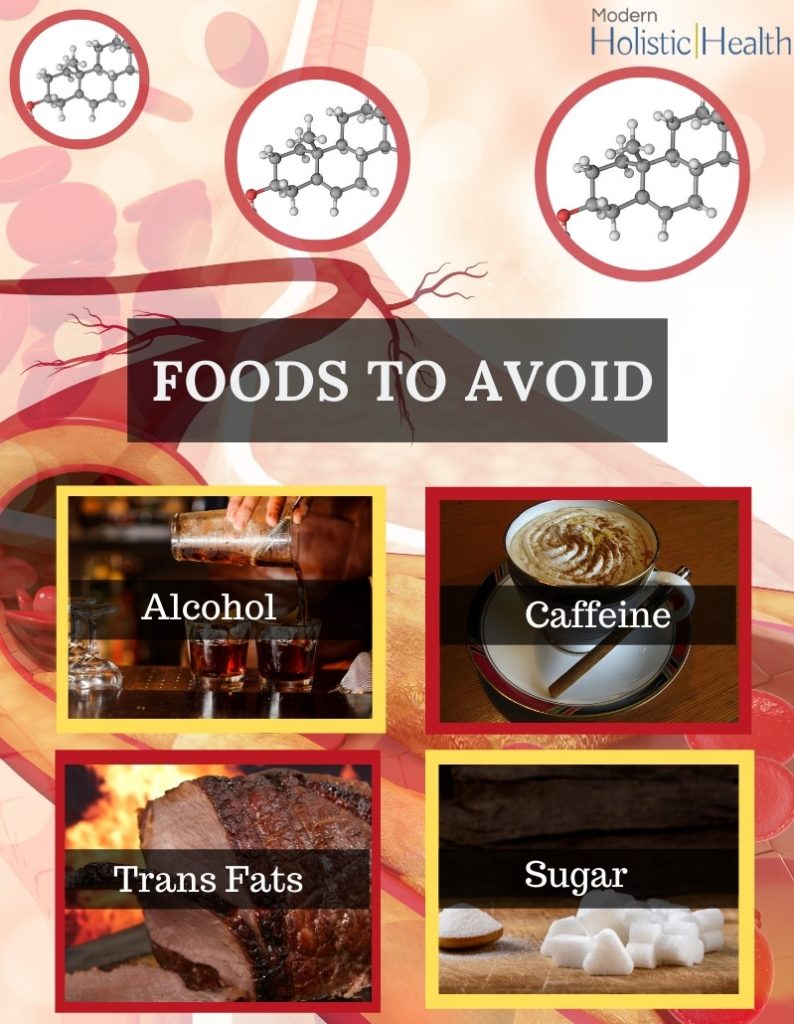
14 Foods to Support Healthy Cholesterol Levels
Let’s talk about those lifesavers that can not only keep your cholesterol levels in check but also keep your overall health at an all-time high.
1. Turmeric
Turmeric is a currently trending superfood that is responsible for healing many chronic and benign ailments plaguing humanity today. It is the curcumin in its composition that really makes it a potent food in controlling body cholesterol levels and even inflammation. While turmeric is not a substitute for changing to an anti-inflammatory diet, it is a great addition to anyone’s regiment when they are looking to bring inflammation down.
2. Seeds
Nutritious seeds like flaxseeds, chia seeds, pumpkin seeds, etc., can all lower the levels of LDL in the body, raise HDL levels and improve overall blood flow. They are excellent sources of heart-healthy monounsaturated and polyunsaturated fats loaded with vitamins, minerals, and fiber.
3. Garlic
Many pieces of research have also shown a positive impact on the body’s cholesterol levels. Eating garlic regularly can have a positive impact on maintaining healthy cholesterol levels and it’s also a great antimicrobial as well. There have been many studies associating garlic with a longer lifespan.
4. Okra
One study has shown that okra extracts can notably reduce cholesterol levels in the body. This plant is exceptionally high in fiber, potassium, and antioxidants.
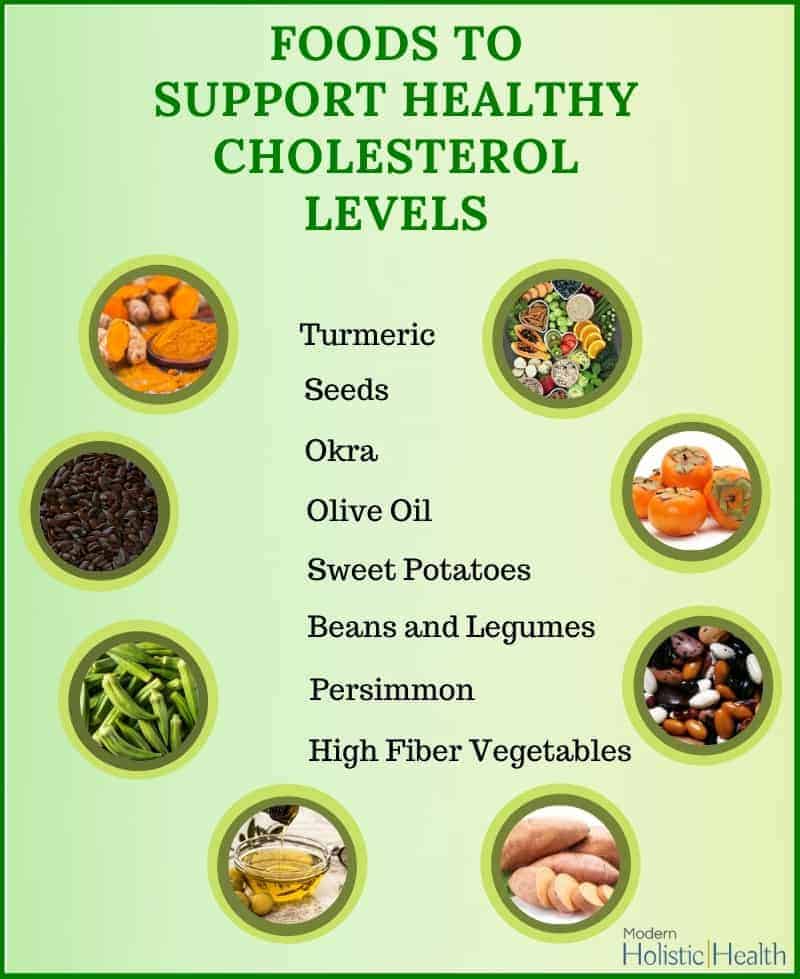
5. Olive Oil
Extra virgin olive oil is packed with heart-healthy unsaturated fats, thus helping drop higher than optimal LDL cholesterol levels to enhance heart health. It is a great cooking oil for Mediterranean or low heat dishes. For high heat cooking alternatives, you can use coconut or avocado oil as a healthy substitute.
6. Vegetables
High in vitamins, minerals, and fiber, vegetables are nutrient-dense foods that promote good heart health. Multiple studies show that vegetables are responsible for maintaining healthy LDL and triglyceride cholesterol levels in both men and women.
7. Nuts
Nuts are rich in fiber and healthy fats, which is a fantastic dietary option if you’re looking to lose weight or keeping your cholesterol levels. Nuts like Almonds, Pecans, and Walnuts are all great foods that are often a part of a healthy anti-inflammatory diet.
8. Salmon
Salmon is a fatty fish packed with beneficial omega 3 fatty acids. This can help balance and maintain optimal cholesterol levels and relieve inflammation in the body. Consuming wild-caught salmon is the best option as farmed salmon is often fed GMO grains. Recently, genetically modified fish have also come onto the consumer market. We recommend avoiding genetically modified foods.
9. Green Tea
Green tea is well known to be a rich antioxidant and is also heavy on catechins, making it a healthy beverage option. Green tea has many benefits including anti-inflammatory benefits and cholesterol balancing benefits.
10. Sweet Potatoes
Sweet potatoes contain potent sources of nutrient compounds that have added benefits for maintaining healthy cholesterol levels in your body.
11. Beans and Legumes
There have been multiple studies that have shown that legumes like lentils, beans, and peas have a positive link in aiding the body to maintain optimal cholesterol levels.
12. Persimmon
This nutritious citrus fruit has multiple health benefits in store for your body. One study has shown that consuming the fiber extracted from persimmon was significantly responsible for reducing excessive cholesterol levels in the body.
13. Avocado
High in fiber, potassium, and healthy fats, Avocados can help in increasing the levels of good (HDL) cholesterol while simultaneously reducing levels of excessively high triglycerides and LDL cholesterol back to optimal levels for health.
14. High Fiber Vegetables
Adding additional fiber to any healthy diet can have tremendous and multiple health benefits from lowering excessively high levels of LDL and triglyceride cholesterol to aiding in digestive health. The best way to incorporate more fiber into one’s diet is to take advantage of high fiber fruits and vegetables like broccoli, collard greens, carrots, beets, and artichokes. Sweet potatoes also have a good amount of fiber. There are also many fruits that contain high amounts of fiber like apples, berries, and some exotic fruits like persimmon and guava. And not only is there high amounts of fiber in these fruits and vegetables, but they are packed dense nutrition like vitamins, minerals, and phytonutrients that your body needs to heal and stay healthy.
Incorporating the above foods into your daily diet can go a long way in protecting your body and helping you live a happy and health life. It is also imperative to understand that a bad diet alone isn’t responsible for excess cholesterol levels in the body. Environmental toxin exposure, heavy metal toxicity, underlying infections, mold, and even stress can also cause significant changes not only to your cholesterol but to any of your body’s systems.
A sedentary lifestyle is also equally responsible for disrupting your cholesterol levels. Get consistent exercise and resistance training to regulate blood pressure, cholesterol, bone density, immune function, and more.
You can also try essential oils like lavender oil, cypress oil, and rosemary oil to support your efforts to stabilize blood sugar, promote blood circulation and decrease stress and cortisol levels, all of which can positively reduce common health issues.
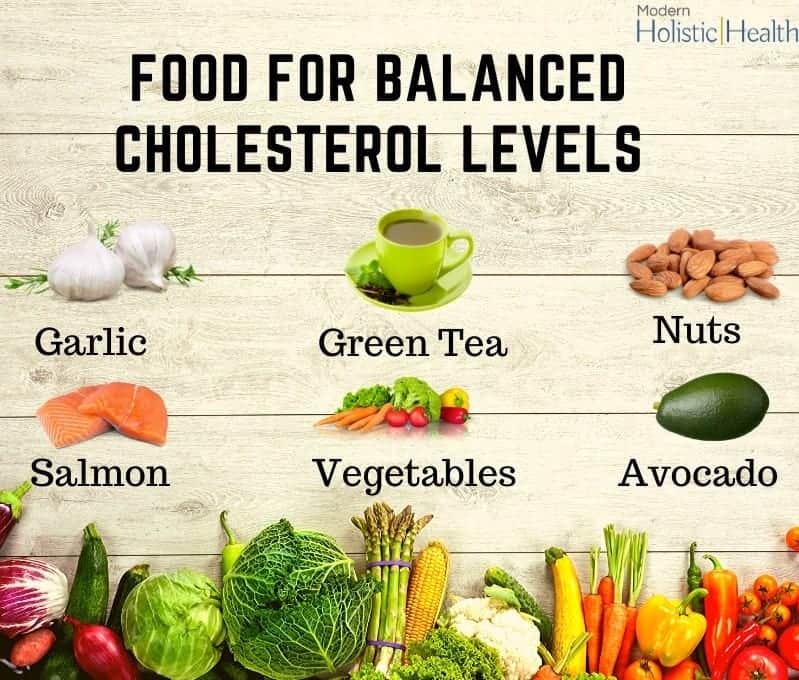

-
Modern Holistic Health
3267 Bee Cave Rd, Ste. 107-187 Austin, TX 78746 - 512.550.7933 | (888) 260-3377
- [email protected]

